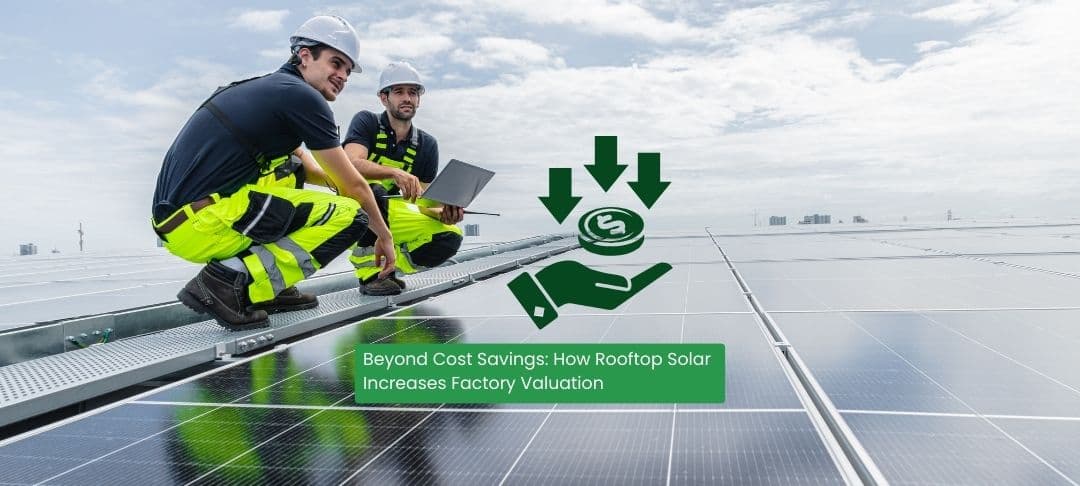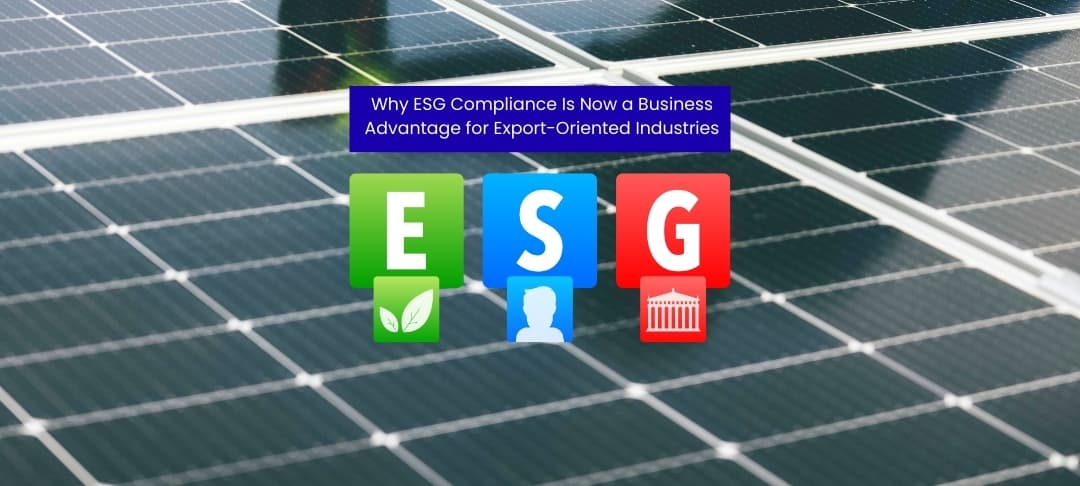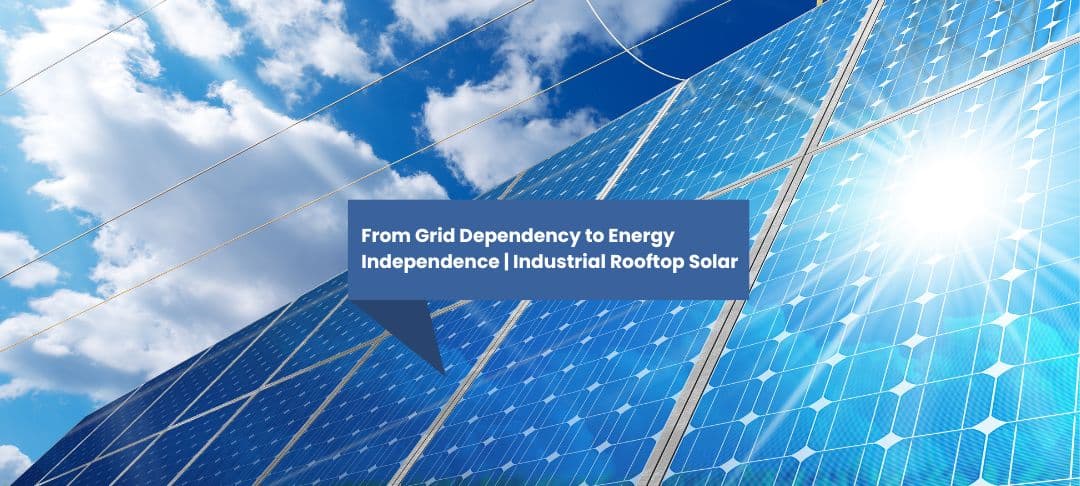How To Choose The Right Solar Panel
Published at - March 27, 2022
Solar panels are the most important component of any solar power system. Choosing the best solar panel brand or module type for your needs is just as important as having them installed by a qualified accredited installer at the best angle and pointing in the right direction.
Unfortunately, when it comes to choosing the best solar panel brand, most salespeople aren't going to be much help. They would probably try to sell you the most expensive or ineffective one using sales and market strategies. So it is important for you to get some basic knowledge on solar panel to purchase the best product. But first it is necessary to know what solar panel is and how it works.
Solar Panel
Solar panels are those devices which are used to absorb the sun's rays and convert them into electricity or heat. Description: A solar panel is actually a collection of solar (or ph Solar energy begins with the sun. Solar panels (also known as "PV panels") are used to convert light from the sun, which is composed of particles of energy called "photons", into electricity that can be used to power electrical loads.
How Do Solar Panels Work?

Solar panels collect and convert clean renewable energy in the form of sunlight into electricity, which can then be used to power electrical loads. Solar panels are made up of multiple solar cells, each of which is made up of layers of silicon, phosphorous (which provides negative charge), and boron (which provides the positive charge). Solar panels absorb photons and generate an electric current as a result. The energy released when photons collide with the solar panel's surface causes electrons to be knocked out of their atomic orbits and released into the electric field generated by the solar cells, which then pulls these free electrons into a directional current. The Photovoltaic Effect refers to the entire process. The average home has more than enough roof space to accommodate the required number of solar panels to generate enough solar electricity to meet all of its power needs. Any excess electricity generated is fed into the main power grid, which pays for itself in reduced electricity use at night.
Now, that you know what you are buying and how it works, here are some important factors to asses while you are in the market-
Solar Panel Efficiency
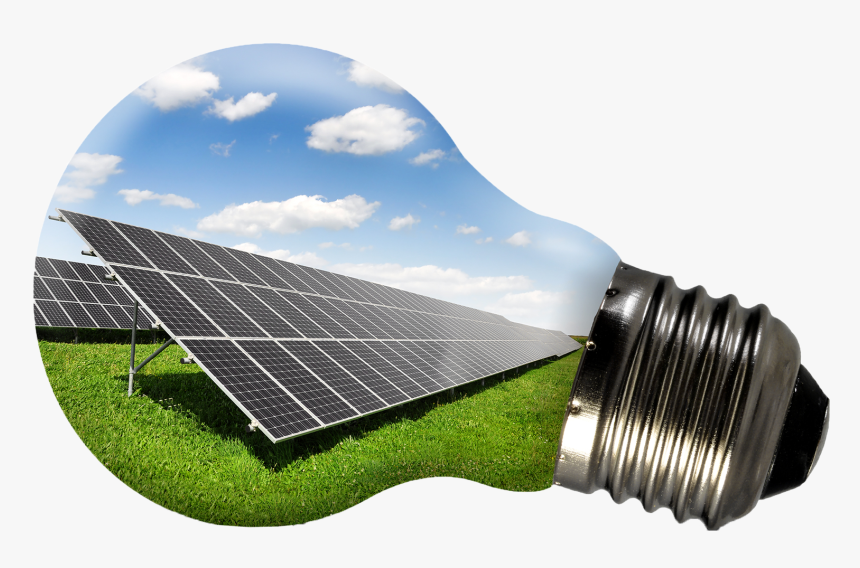
Efficiency is referred to the proportion of solar energy that hits the panel surface to the electrical energy generated by the module (as a percentage).
If a solar panel captured half of the energy in the sun, the conversion efficiency of the module would be 50%. Conventional solar panels have efficiencies ranging from about 15% to just over 21% in real-world conditions. Why is it beneficial to have a high efficiency? The more watts of electricity you get per square meter of panel, the higher the efficiency. As a result, the higher the efficiency, the smaller the solar panel must be to produce the same amount of electricity and the less roof space required. If you have limited roof space or simply want the most advanced PV technology, higher efficiency modules are the best option; however, be prepared to pay a little more. Don't worry about conversion efficiency if the solar panel efficiency is greater than 15%.
Solar Panel Cost
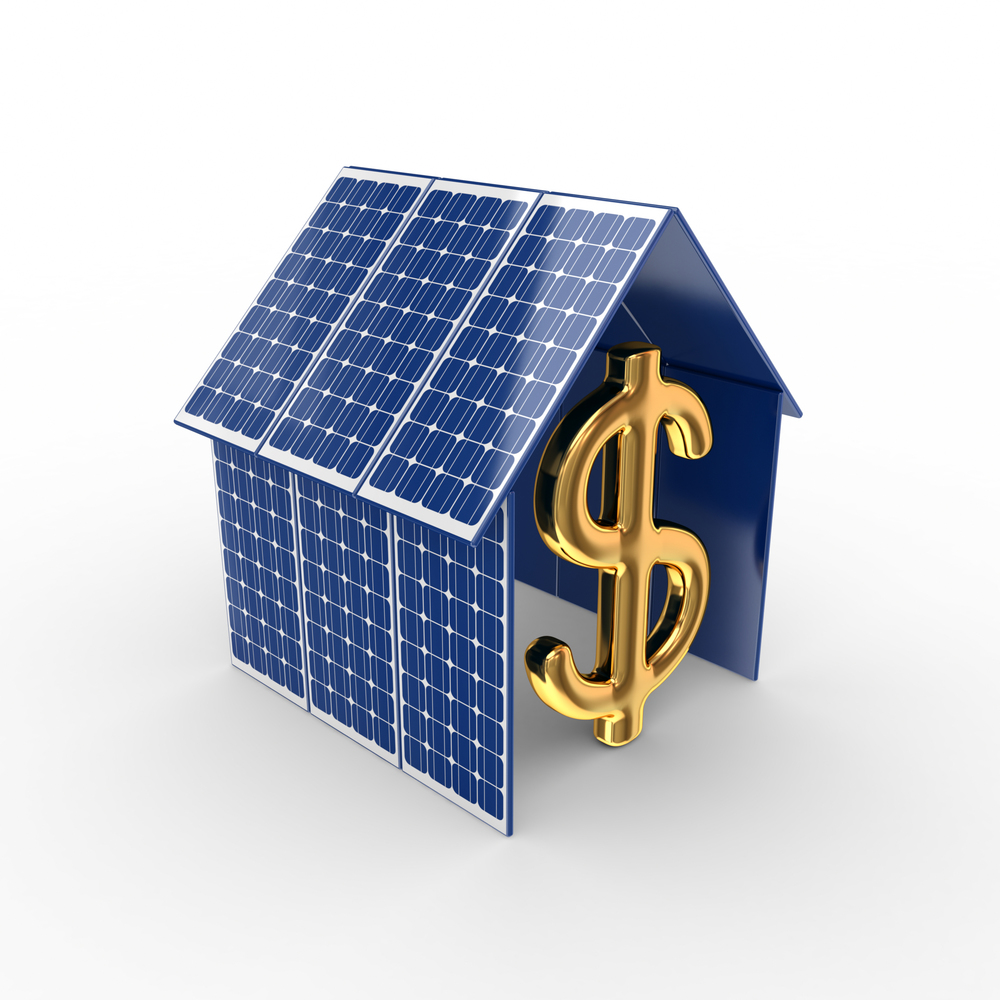
As a general rule, and as with most things in life, you get what you pay for – so be wary of selecting solar panels solely on the basis of price, as low prices may imply poor performance and reliability. However, there are frequently bargains on high-quality products available, as well as special offers and some suppliers who are simply more competitive. Just make sure you're comparing apples to apples when it comes to warranty, service, and product quality.
Solar Panel Warranty
There are some warranties that are better than others. In order to determine the true value of a warranty, homeowners should look beyond the number of years that a solar system is covered. Some solar companies offer warranties that cover only the materials and not the loss of power generation. Alternatively, they may obtain parts from a variety of manufacturers, leaving you with a plethora of warranties to sort through.
Manufacturing – Country Of Origin
Do take a close at the name of the company and the country of origin. Look it up on the internet and see the customer reviews, you might get some knowledge from other users’ experiences.
Solar Panel Specifications
• The power tolerance
• The voltage rating and coefficient of temperature. Panels should be rated to 100V DC minimum for safety. A good temperature coefficient rating can indicate a solar panel that performs slightly better in higher temperatures.
Durability
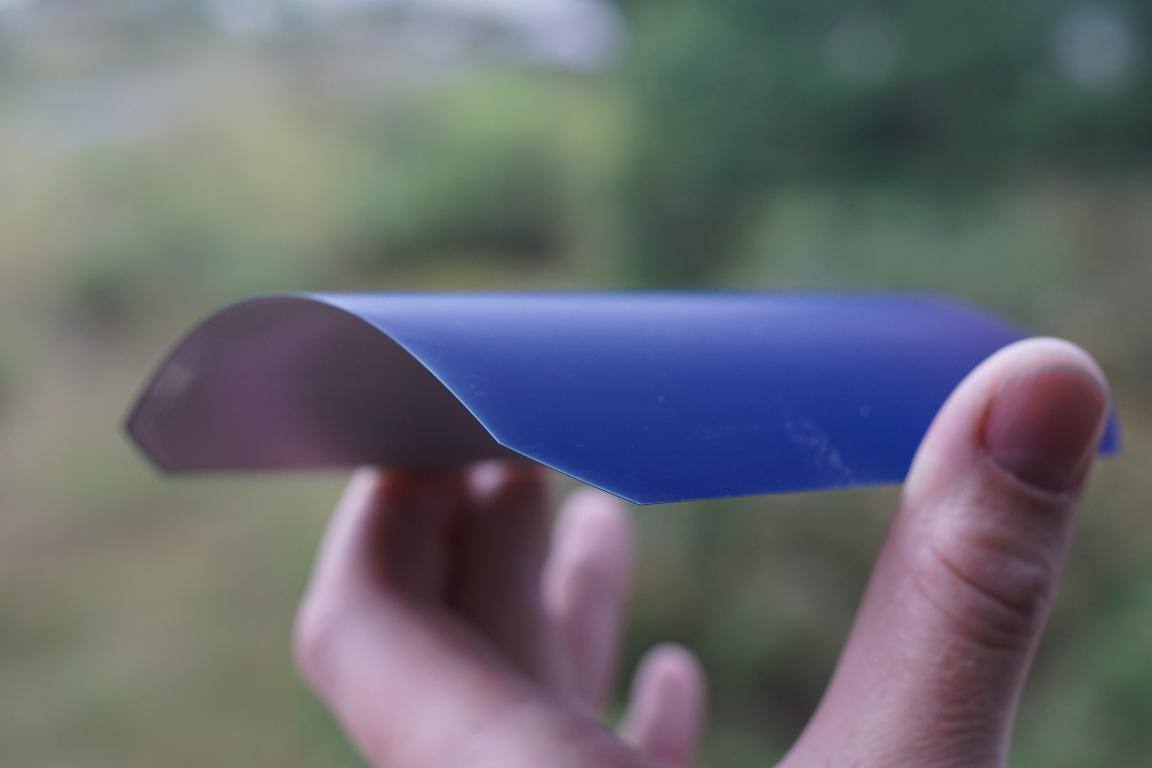
Since the solar panel sits on the roof in harsh temperature and endure all sorts of rough weather such as: rain, snow, thunderstorm etc, the durability of the materials should be checked. Aesthetics (How The Solar Panels Look) Some people prefer the appearance of certain types of solar panels over others – it's all a matter of personal preference. Thin film panels, on the whole, appear more uniform, and some people prefer them.
So these can be a guideline to buying solar panel. After buying the product make sure to get a good knowledge from the seller on how to take care of it for longer service. Goodluck!
